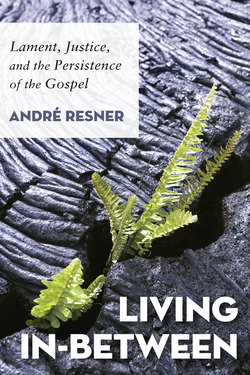Описание книги
The community of faith finds itself located precariously between Jesus' first and second comings, between the promise and fulfillment, between what God has begun in the gospel and what God has yet to complete. It thus finds itself proclaiming a gospel of life, love, hope, and faith in a world more characterized by death, hate, despair, and fear. The gospel insists that Jesus' death has shut the door on the age of violence and death, even as his resurrection has opened the door on the Age of Shalom and life. But in this tensive in-between time, those conflicting ages overlap, and the church struggles against powers and experiences that mock its message. Drawing on resources from the New Testament's vision of the apocalyptic gospel, Andre Resner urges the church and its preachers to engage in the linguistic practices of lament and proclamation as well as the embodied practices of justice-making and justice-keeping as counter-testimony to those powers that have been served notice in Jesus' life, death, and resurrection that their end is near. The reflections offered here model the kind of honest speech and risk of life to which the gospel calls its adherents.
